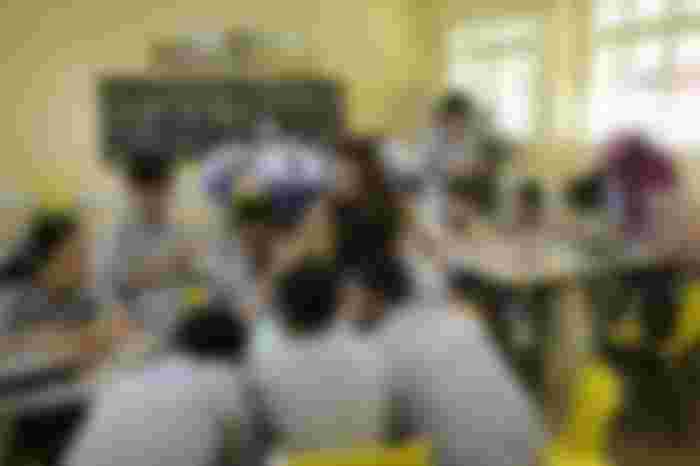Singapore, a small island nation in Asia, is at the top of the world's education system rankings. They have the most acclaimed school system. Analysts believe that this was possible because of a controversial radical leader. However, students have to pay a high price for this good qualification.

Singapore students work hard for good results in exams. Singapore has one of the most acclaimed education systems in the world.
Influential PISA exams where students are assessed internationally, Singapore students are at the top position. The Organization for Economic Co-operation and Development (OECD) conducts the PISA test in 65 countries. There, students' ability to study mathematics, science and study is assessed.
One of the main reasons behind such good results in the country is that every government bureaucrat in the country has dropped out of the best universities in the world. Their goal with education is precise. And that is: to make Singapore one of the richest, most developed and best educated countries in the world.
Another reason Singapore is at the top of the world rankings is that their teachers are highly qualified. That's what Clive Dimac, an expert at the University of Glasgow, thinks. He was invited to coordinate a leadership program at the National Institute of Education in Singapore. Meritorious students are becoming interested in teaching as they have good salaries and facilities.
Salaries in the education sector are in line with the country's industrial and
financial sectors, which attracts the best graduates of the university to choose teaching as a profession. Teachers' monthly salaries range from an average
of ৮ 1,800 to 33. They also have a separate bonus on extra time as well as on performance. Singapore spends 20% of its government budget on education.
Expert Dimak said, "Singapore has modern technology, laboratories and excellent books for the development of education."
Singapore was once one of the poorest countries in Asia. When they became i
ndependent from Malaysia in 1975. At that time only the elite had the opportunity to learn. Due to this, half of the total population of the country was illiterate. Such information has been found in the official statistics of Singapore. Asia's once poverty-stricken
country is now a role model for development. Singapore also has no natural resources like oil or gas. So the country invests in their population. The current population of the country is about 57 lakhs. Each of which is public property.
Despite the suppression of some basic freedoms in Singapore due to its authoritarian government, loyalty to the government has ensured social security and prosperity. This philosophy of theirs is an important element in the development of teaching methods.
There is a feeling or thought among Singaporeans that has a huge impact on the mentality of the people there. This feeling is known as "Kiyasu". Which most people bypass.
Don Fung, a former teacher, said: "This concern, called Kiyasu, has a devastating effect on children, especially those whose families fear that their children will fail to achieve good results."
In order to reach the best schools and universities, children in Singapore start preparing for their primary school final exams long in advance. Which is known
as Primary School Living Examination or PSLE. The results of these tests determine what type of secondary school they will attend. And this preparation started when they were two years old, said Fung.
Evidence of how difficult the PSLE exam is for students can be found by looking at the private tuition industry there. Education, in fact, is a lucrative industry in Singapore. According to the local newspaper Straits Times, it is worth about কোটি 850 million.
However, many students suffer from emotional stress due to the extra stress of studying. The number of young people suffering from these mental problems is
increasing. And it can increase the suicide rate of young people. It is the leading cause of death among 10- to 29-year-olds in Singapore.
Earlier this year, the government acknowledged that the education system was putting pressure on students.
"We will ensure that the system is designed to help students, not to be
harsh on themselves," said Wong Ye Kung, the country's communications minister.
The government has formulated a policy called 'Thinking Schools, Learning Nation'. Which will focus more on the learning process rather than memorization. The motto of this policy is ‘read less, learn more’
